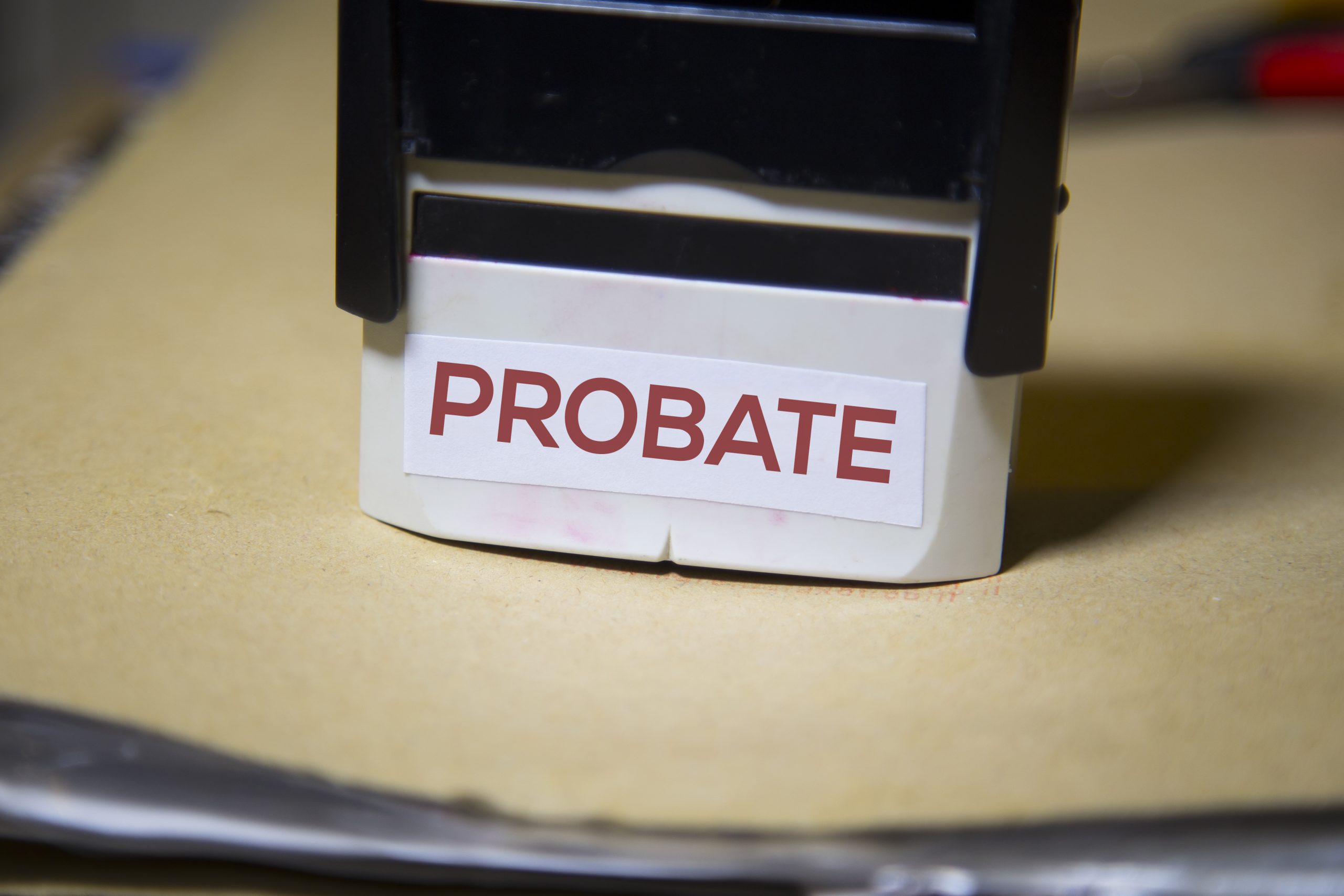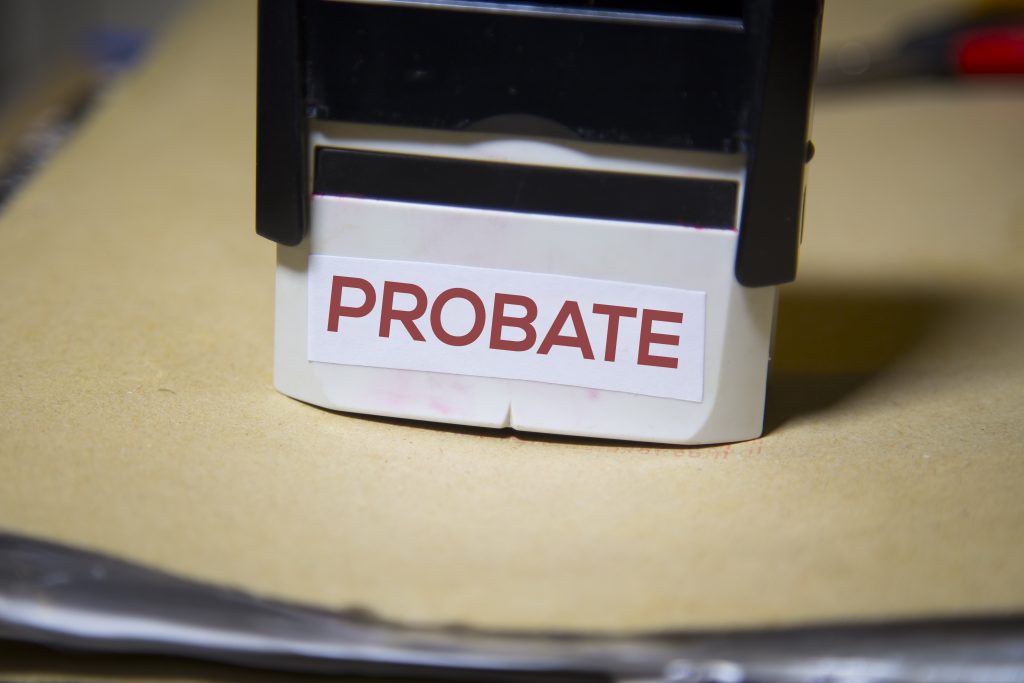4 Common Probate Mistakes You Can Avoid Making


When a loved one dies, the period following that loss is often mired by heightened emotions that can keep surviving loved ones from thinking clearly. At the same time, there are practical and legal steps that must be taken to get through the probate of the decedent’s estate. Given the heightened emotional state that loved ones are in, mistakes are often made during the probate process. If you find yourself in charge of probating the estate of a loved one, the Knoxville probate attorneys at Stivers Law discuss four common probate mistakes you can avoid making.
What Is Probate?
Before focusing on common mistakes, it may be beneficial to learn a bit about the probate process and why it is required. When an individual dies, he or she leaves behind assets. Those assets make up the decedent’s estate. Probate is the term given to the legal process that eventually transfers those estate assets to the intended beneficiaries and/or heirs of the estate. Probate also serves other functions, including:
- Authenticating the decedent’s Last Will and Testament if one was left behind
- Identifying, locating, securing, and valuing estate assets
- Locating legal heirs of the estate if the decedent died intestate, or without a valid Will
- Allowing creditors the opportunity to file claims against the estate
- Litigating any challenges to the Will or estate
- Ensuring the taxes owed by the estate are paid
4 Common Probate Mistakes
If the decedent left behind a Last Will and Testament, the individual named as the Executor in that Will shall be responsible for overseeing the probate process. If the decedent died intestate, or without a Will, someone typically volunteers to be the Personal Representative of the estate and oversee the probate process.
- Failing to recognize that the estate qualifies for small estate administration. Most states, including Florida, offer a small estate administration alternative to formal probate for estates that qualify. If the estate qualifies for small estate administration it will save both time and money; however, you must recognize quickly that the estate may be eligible for this option for the estate – and beneficiaries – to benefit from avoiding formal probate.
- Failing to recognize non-probate assets. Not all assets are probate assets. Non-probate assets bypass the probate process altogether and, therefore, may be distributed to beneficiaries immediately after the decedent’s death. Trust assets, certain types of jointly held property, and proceeds of a life insurance policy are just a few examples of non-probate assets. Failing to properly categorize assets can hold up the entire probate process; particularly if the estate might otherwise qualify for small estate administration.
- Failing to properly calculate federal gift and estate taxes. Every estate is subject to federal gift and estate taxes. Although Florida is not one of them, some states also impose a state level gift and estate tax. You should make an initial determination at the beginning of the probate process as to whether the estate is likely to owe gift and estate taxes. By doing that, you are in a better position to review claims against the estate down the road if the estate lacks sufficient assets to pay all claims.
- Failing to retain the assistance of professionals. There are estates that are small enough and simplistic enough that the assistance of professionals may not be necessary; however, probating most estates is a time-consuming process that requires legal and financial expertise that the average person does not have. Retaining the services of an estate planning attorney, accountant, appraisers, and other professionals is usually the best way to ensure that costly and time-consuming mistakes are avoided.
Are you making these 4 common probate mistakes? Contact us using the information below and we will help you.
Contact Knoxville Probate Attorneys
For more information, please join us for an upcoming FREE webinar. If you have additional questions or concerns about probating an estate, contact the experienced Knoxville probate attorneys at Stivers Law by calling (305) 456-3255 to schedule an appointment.



